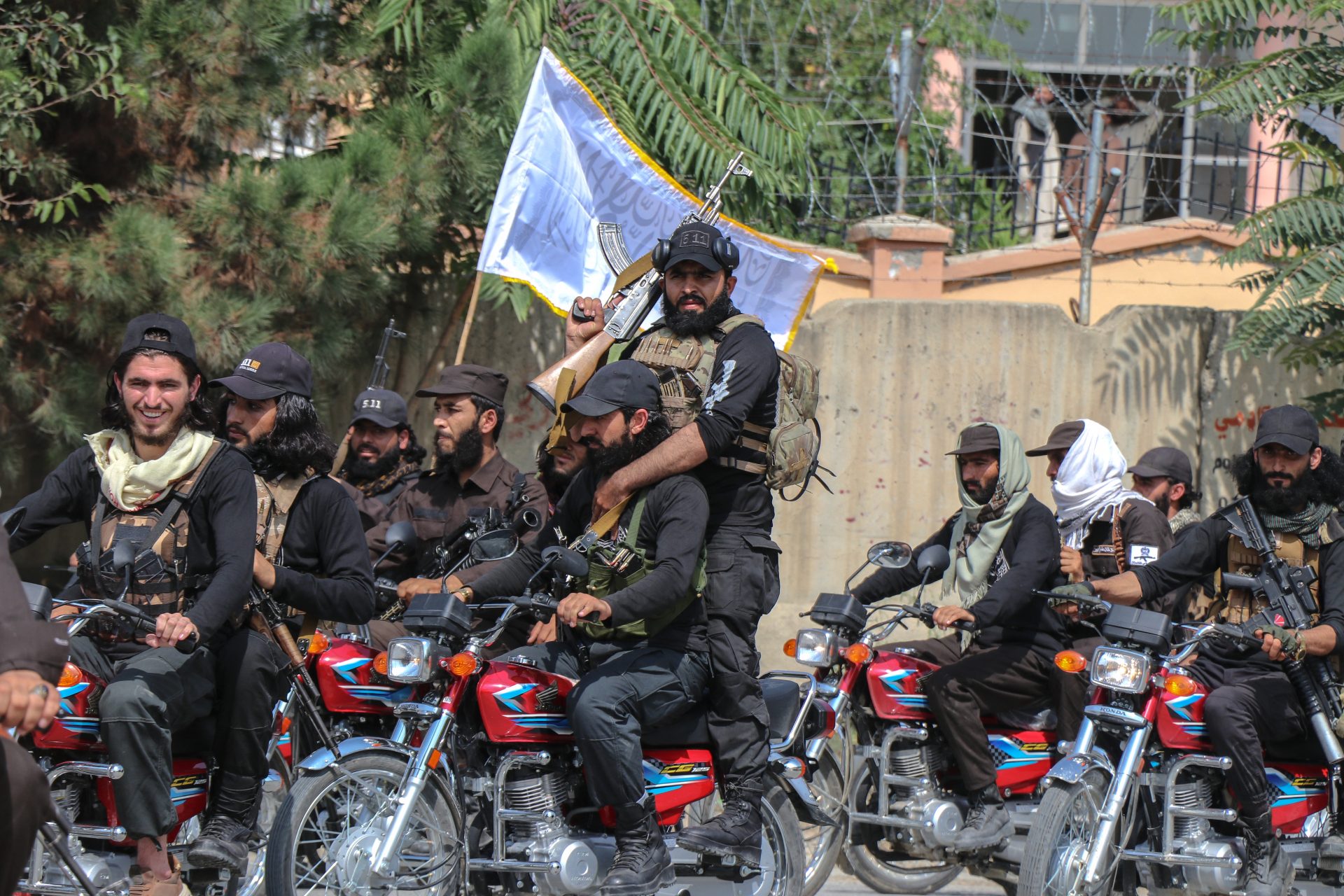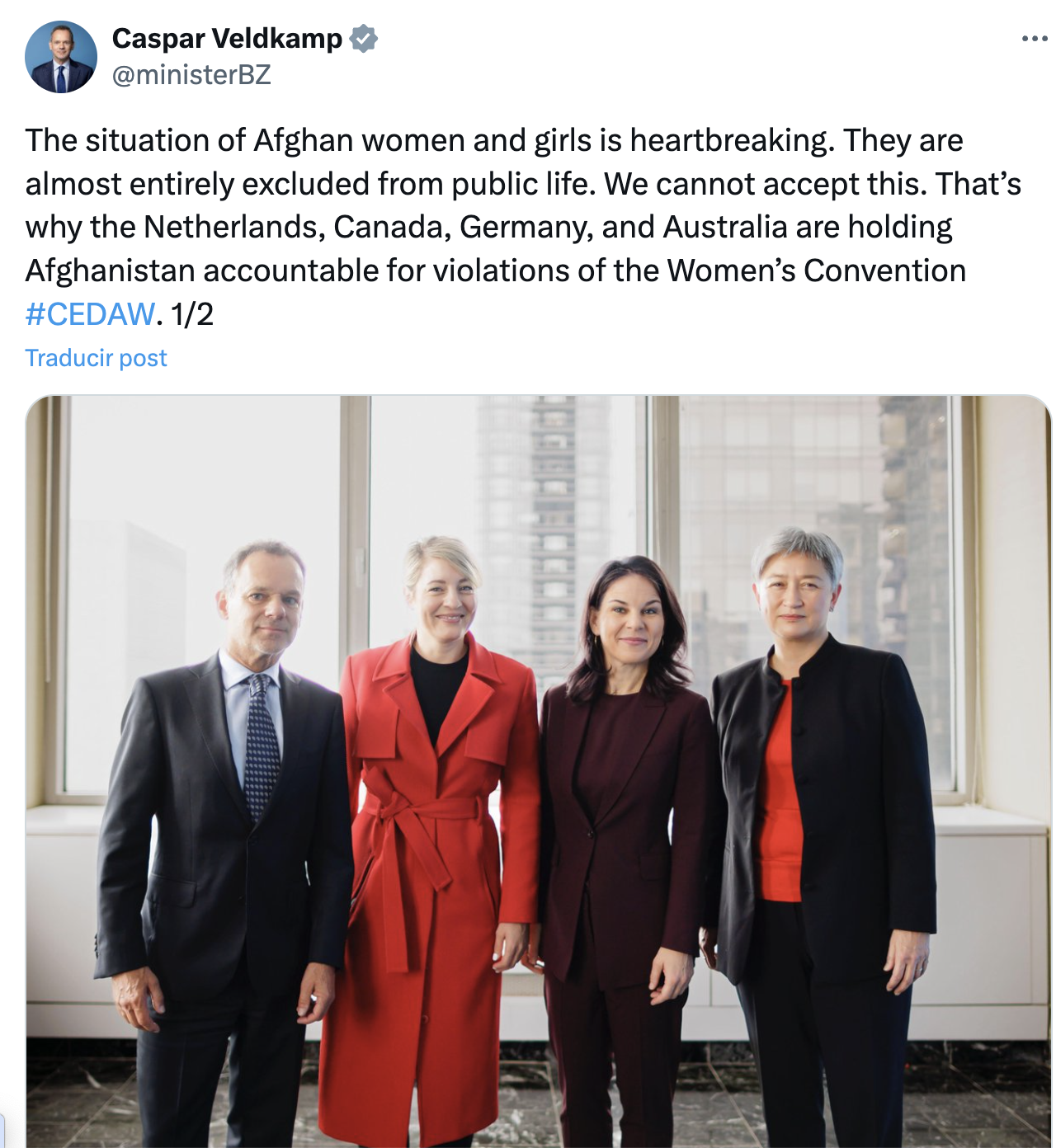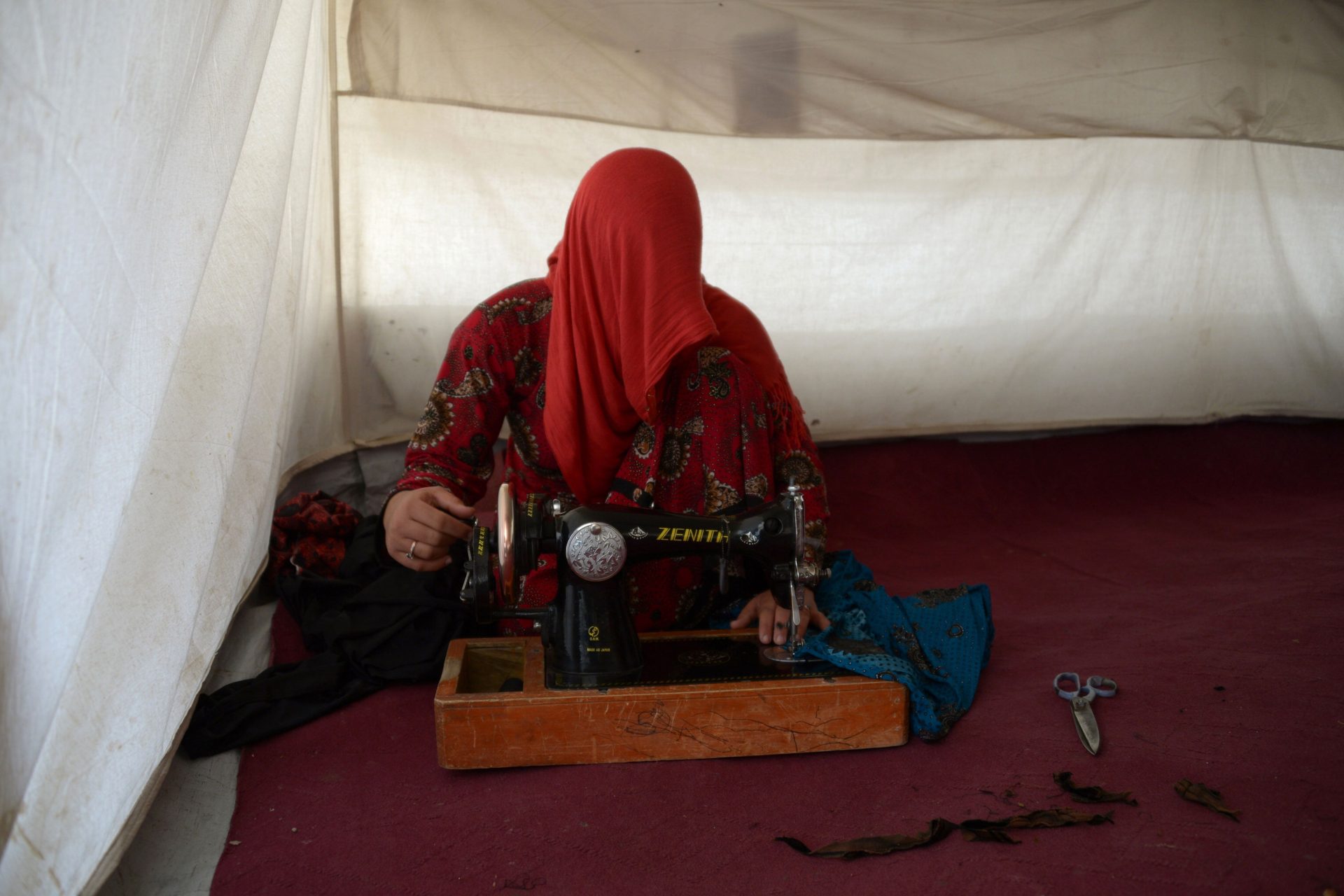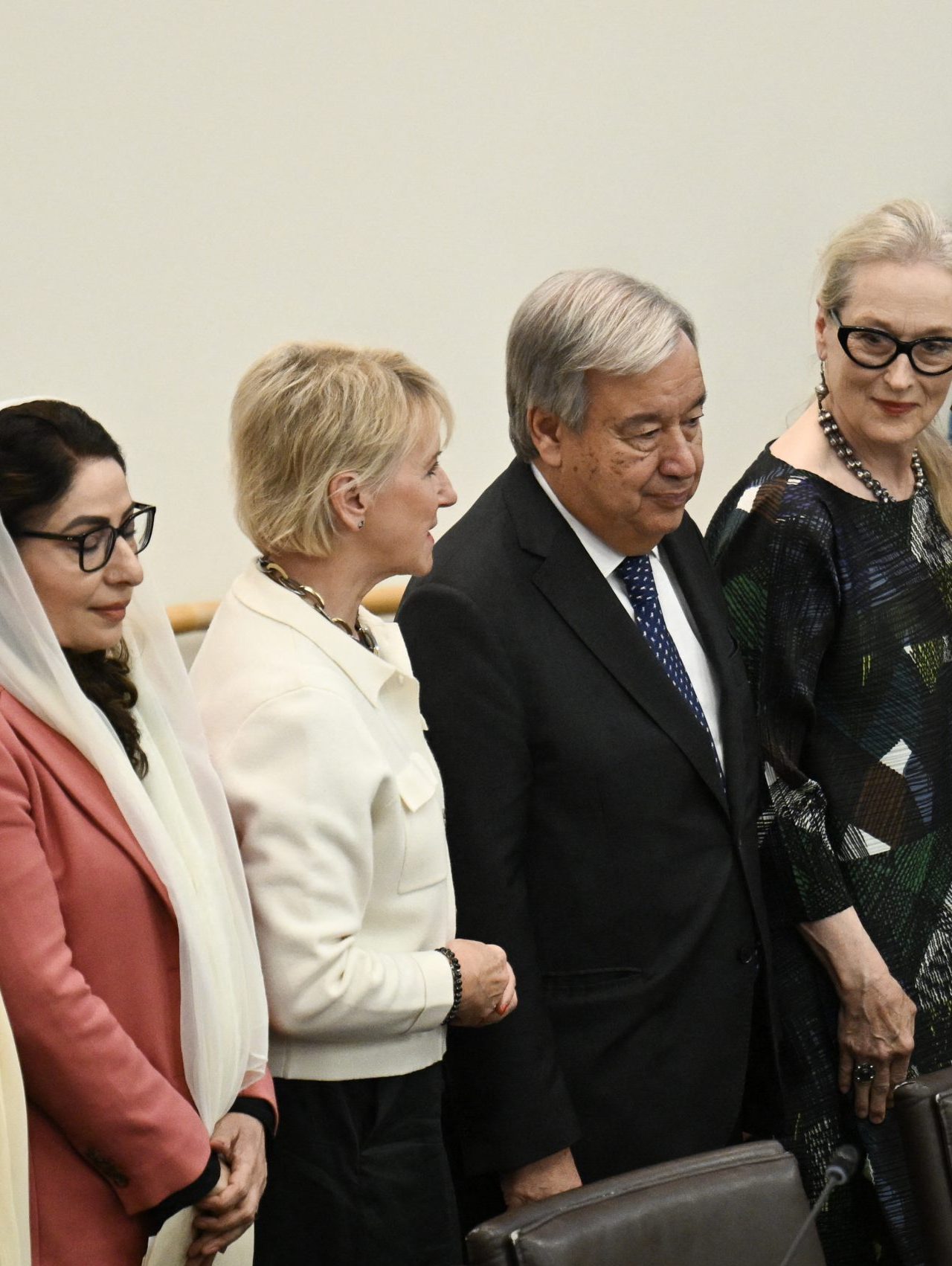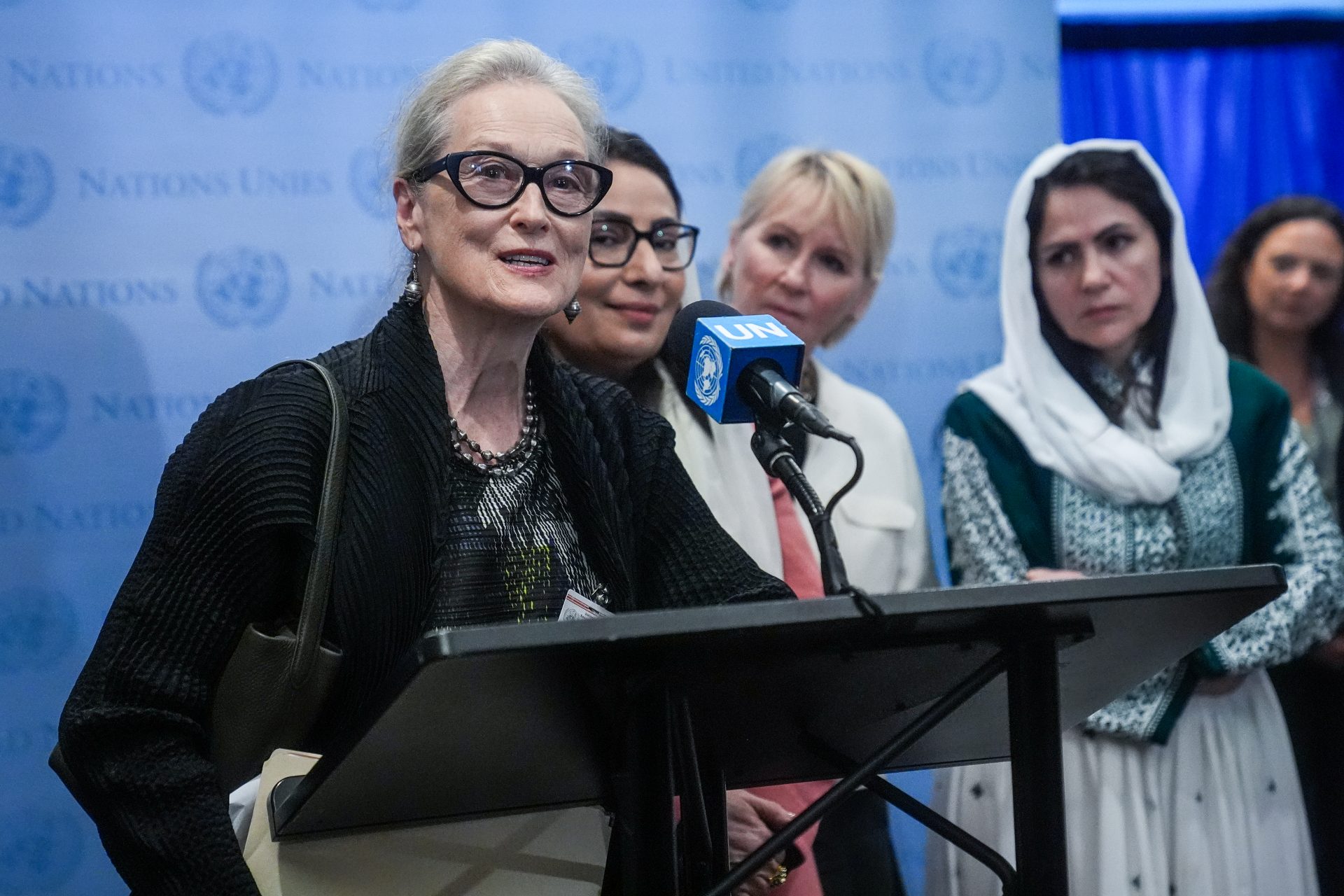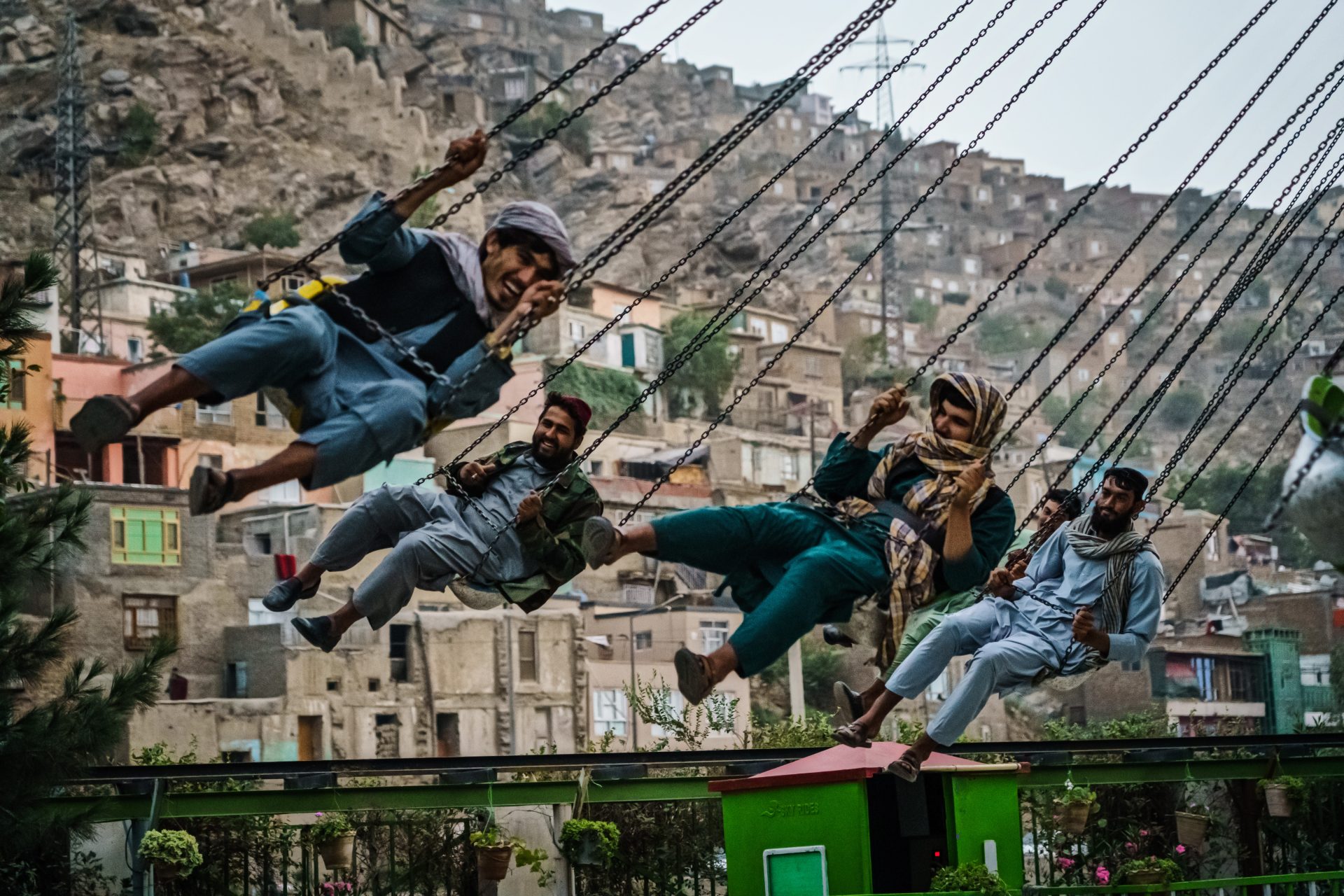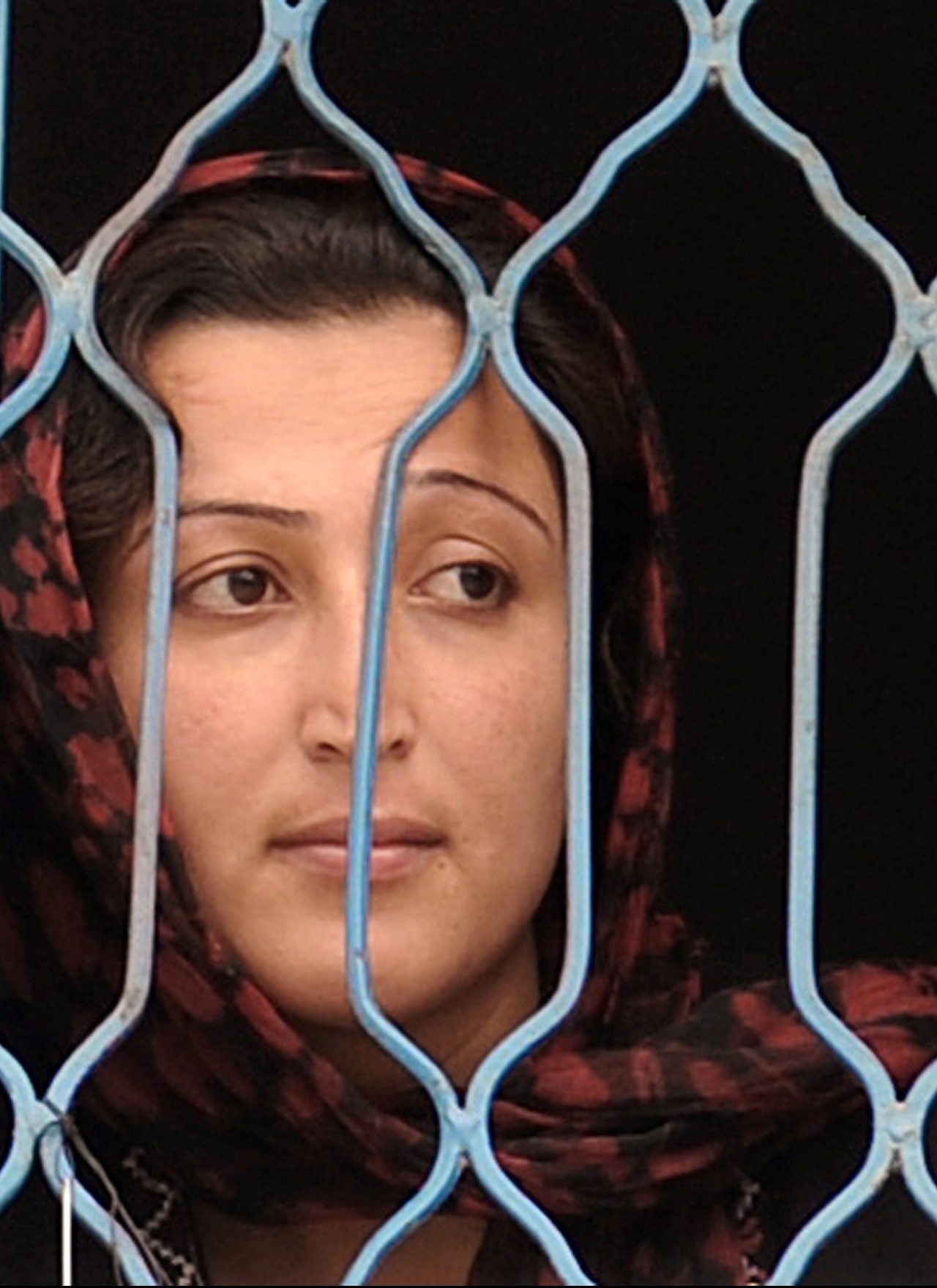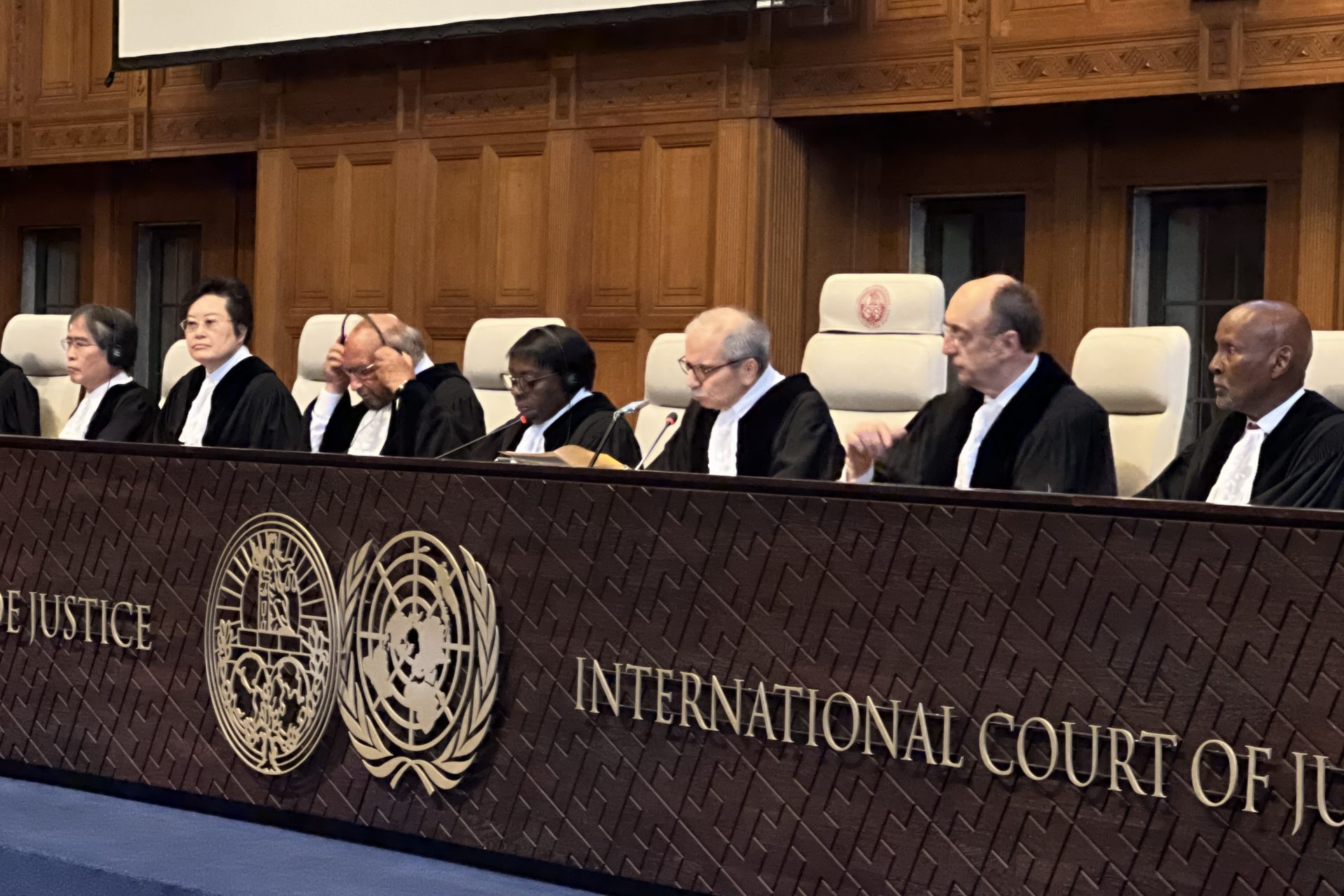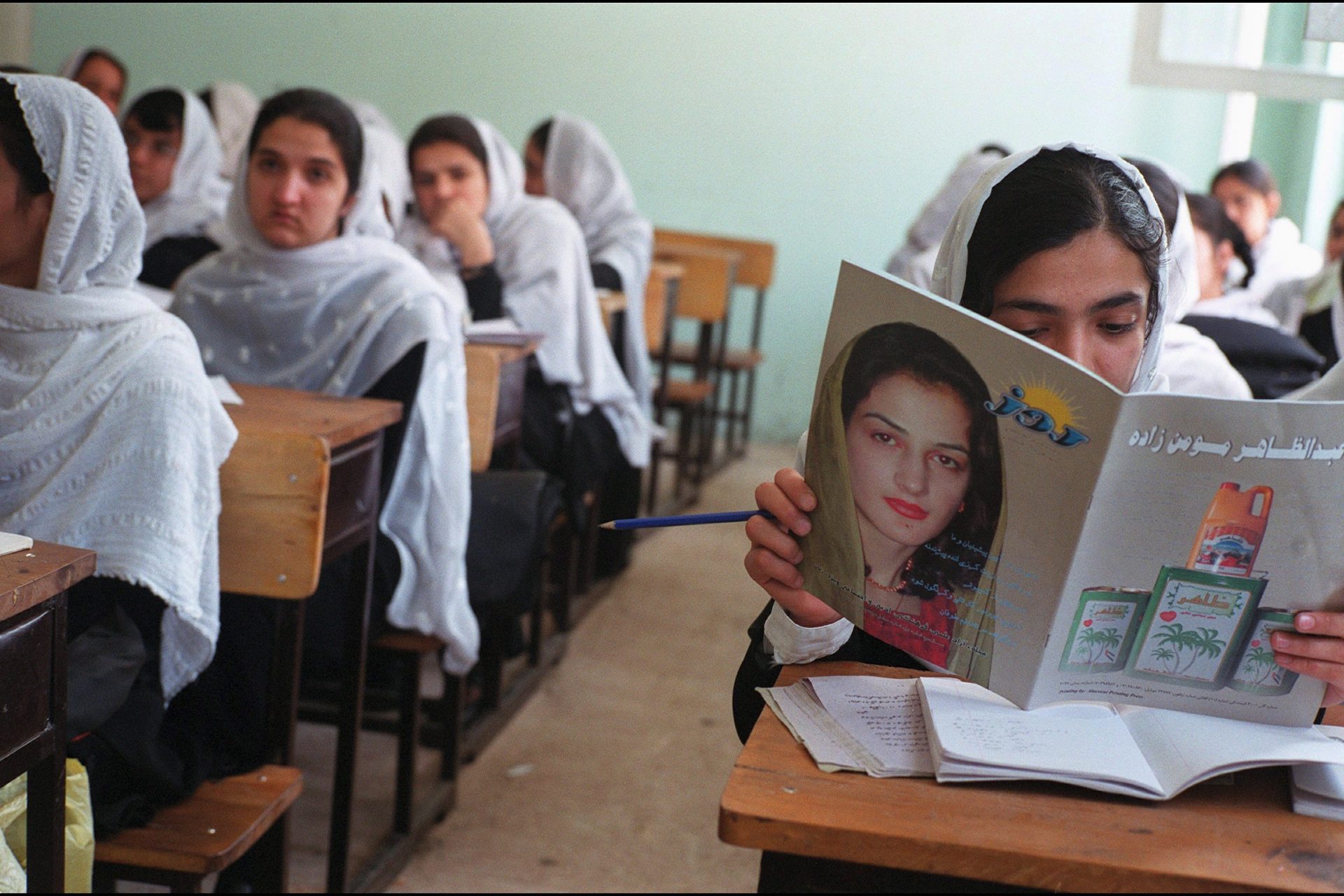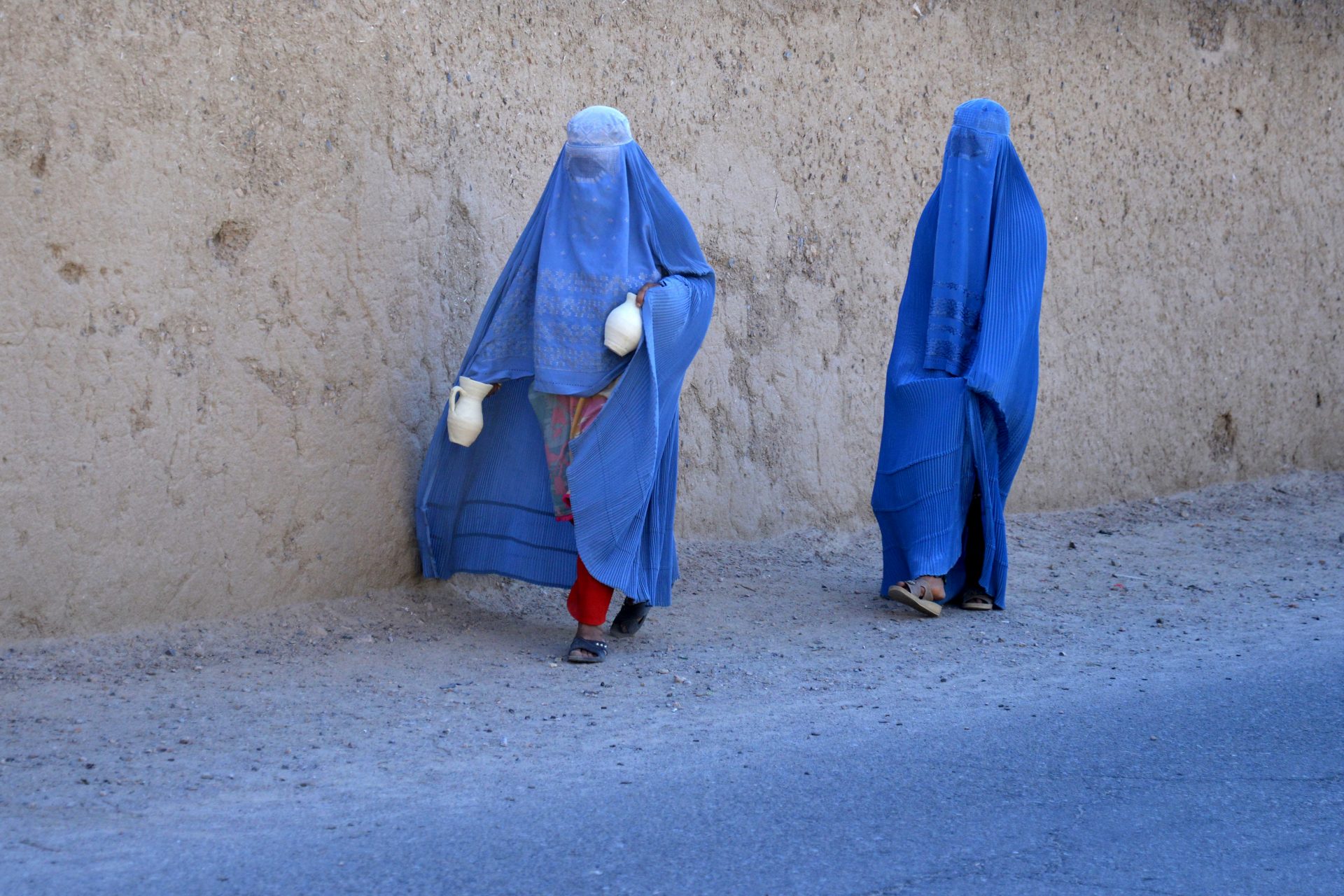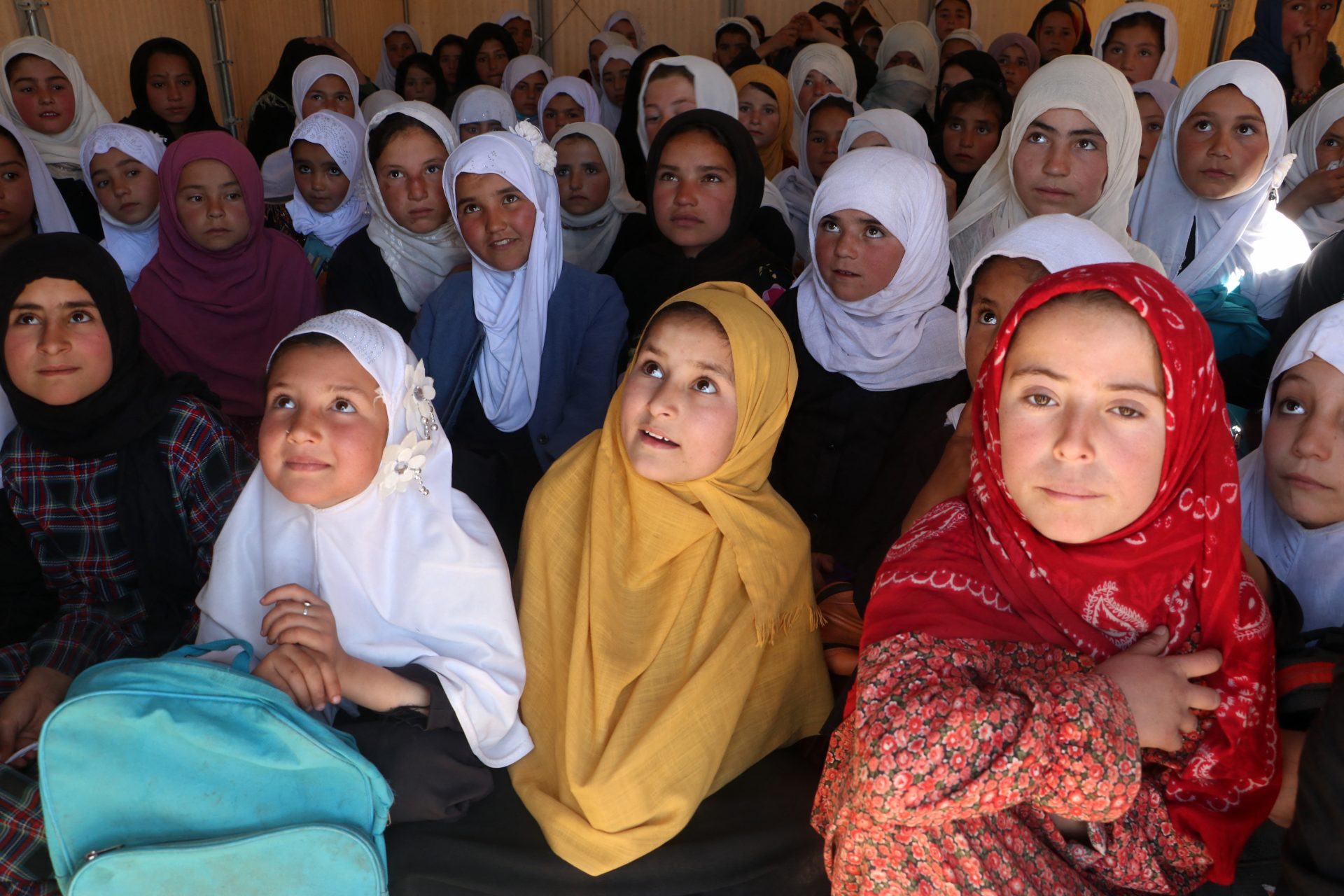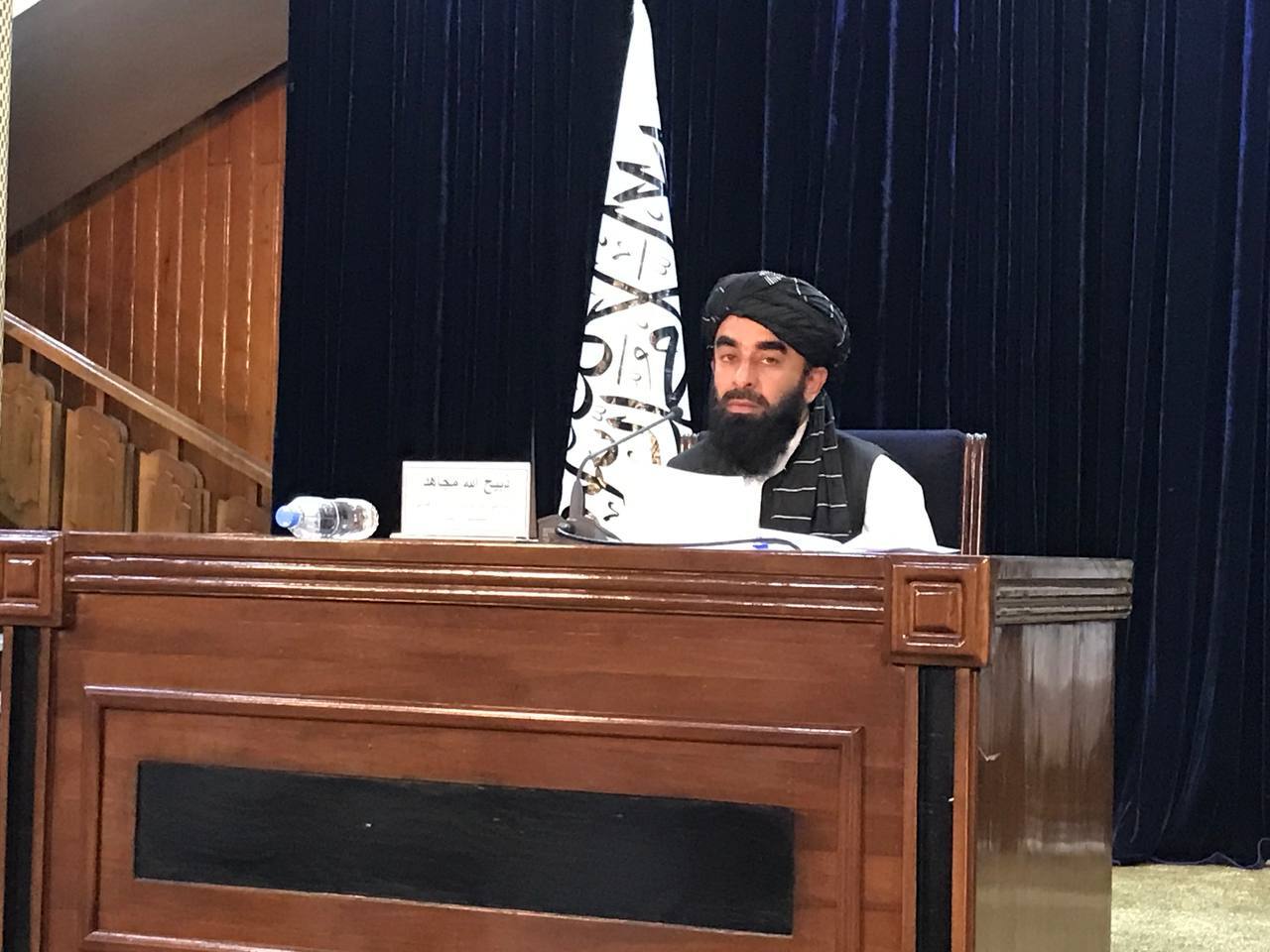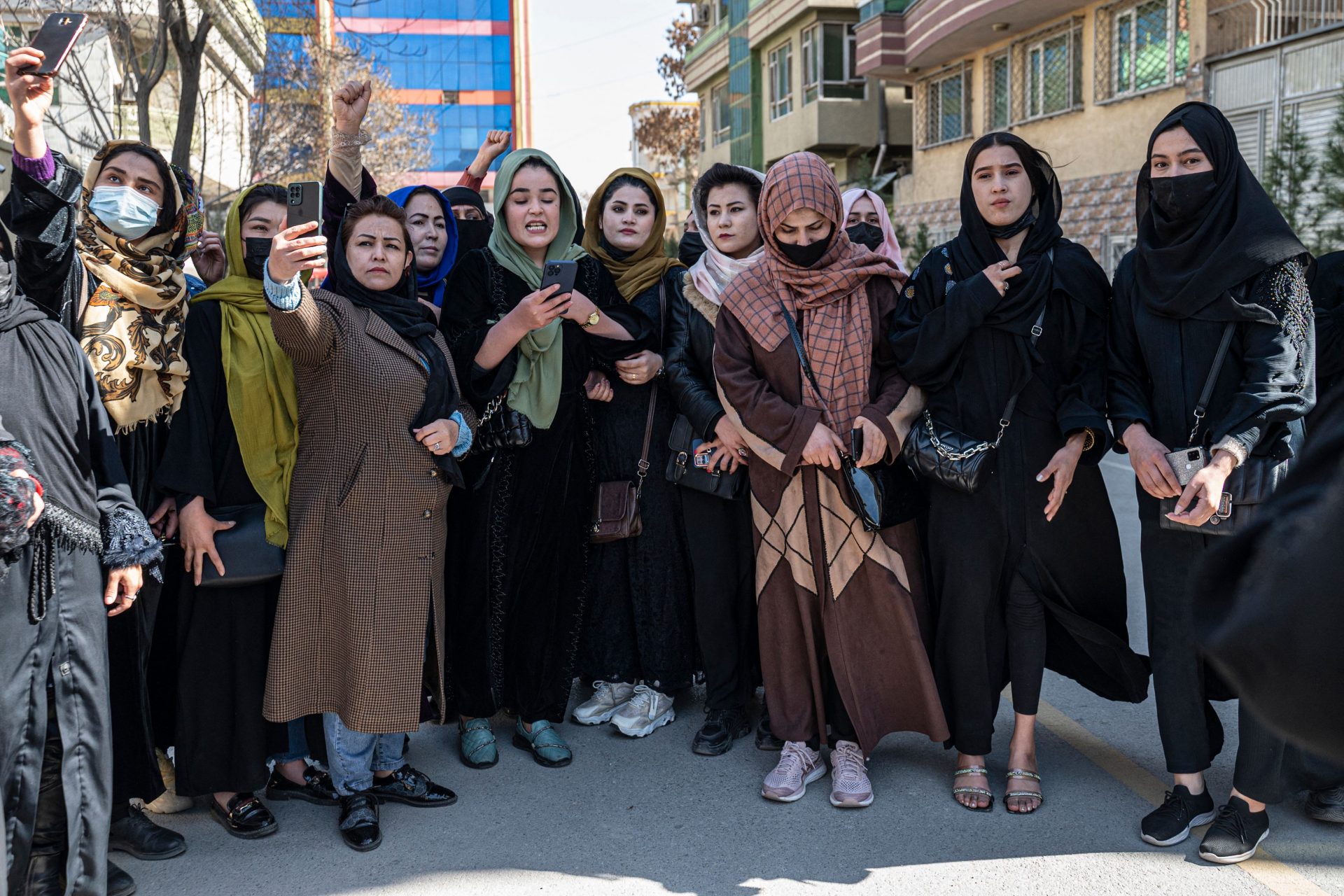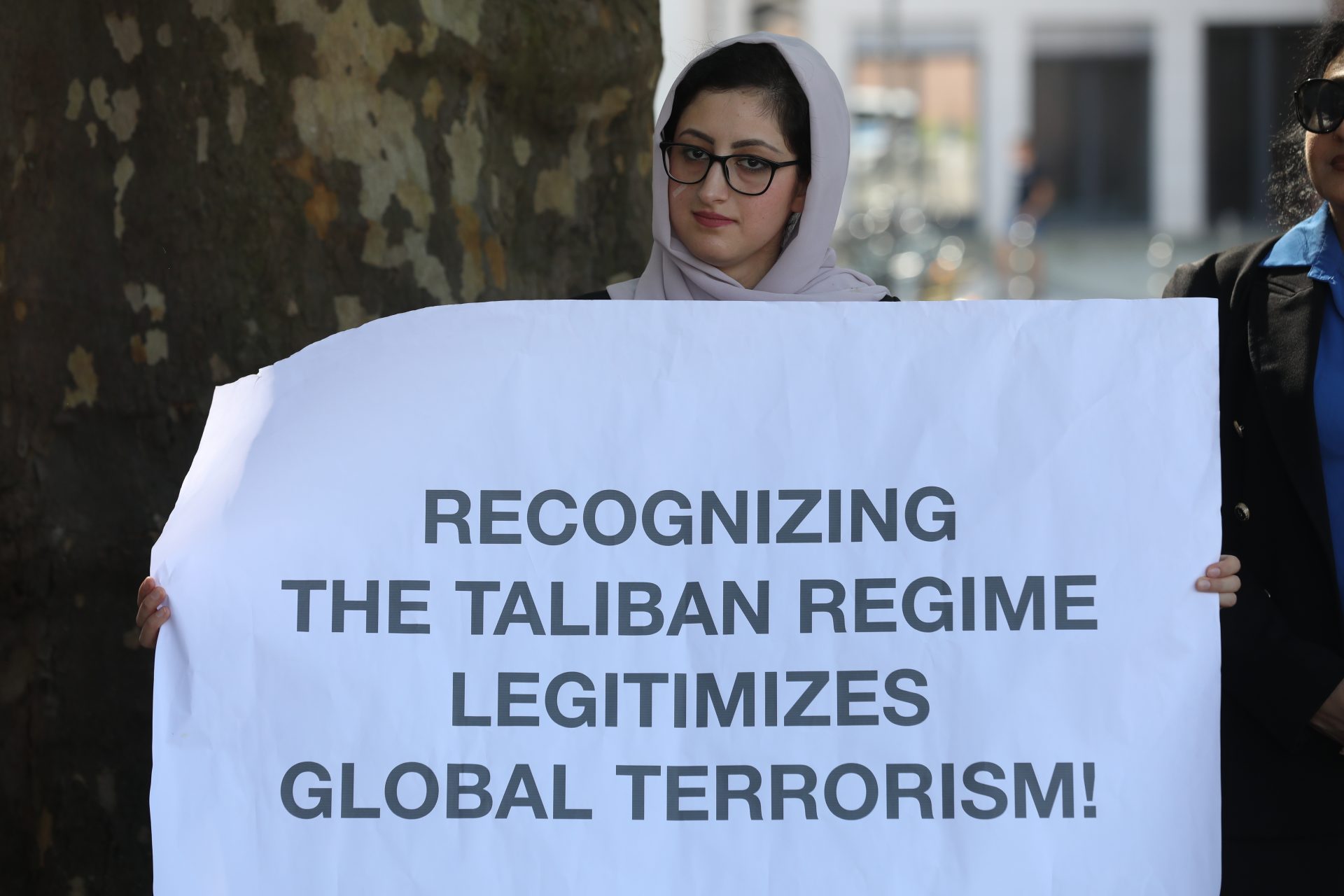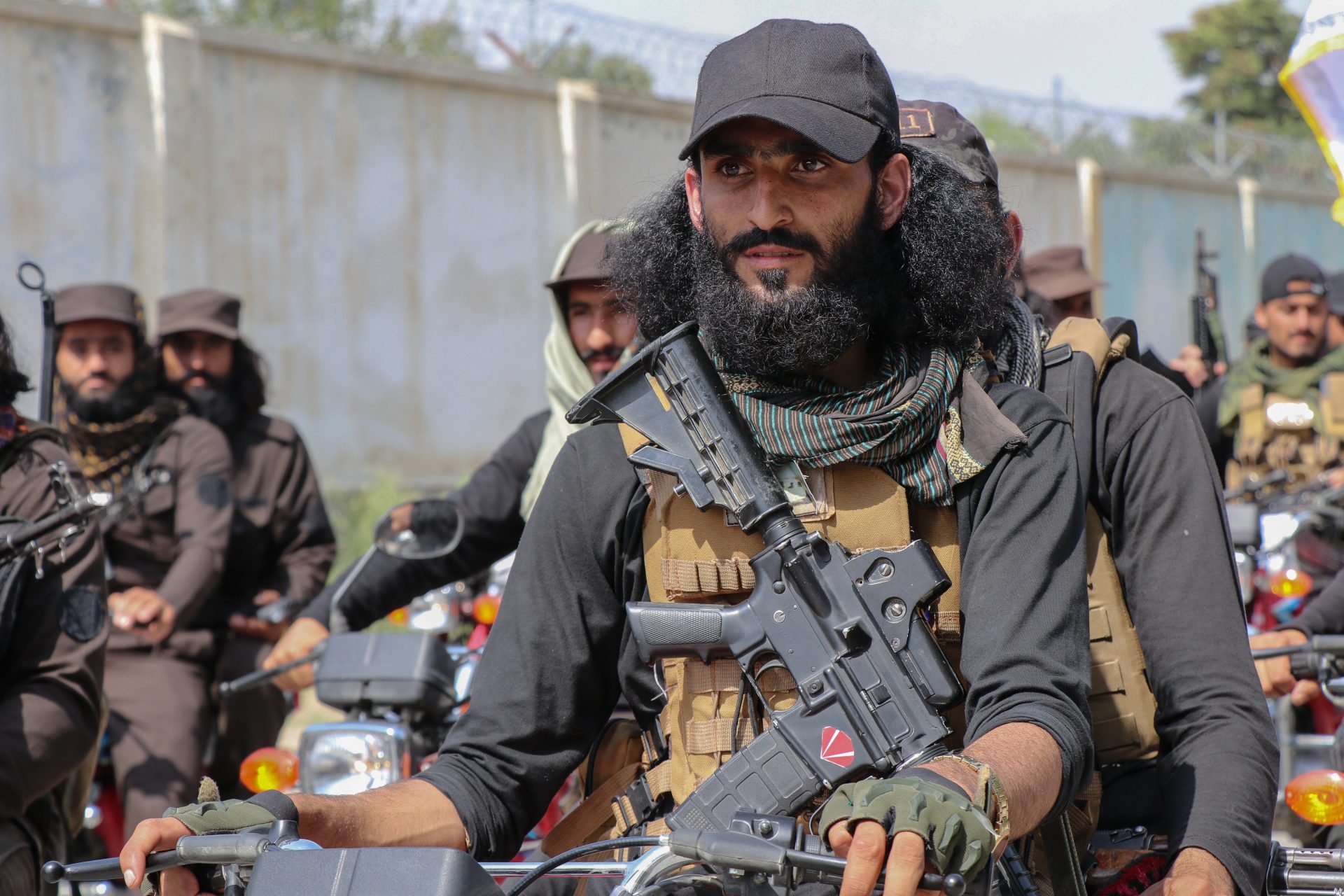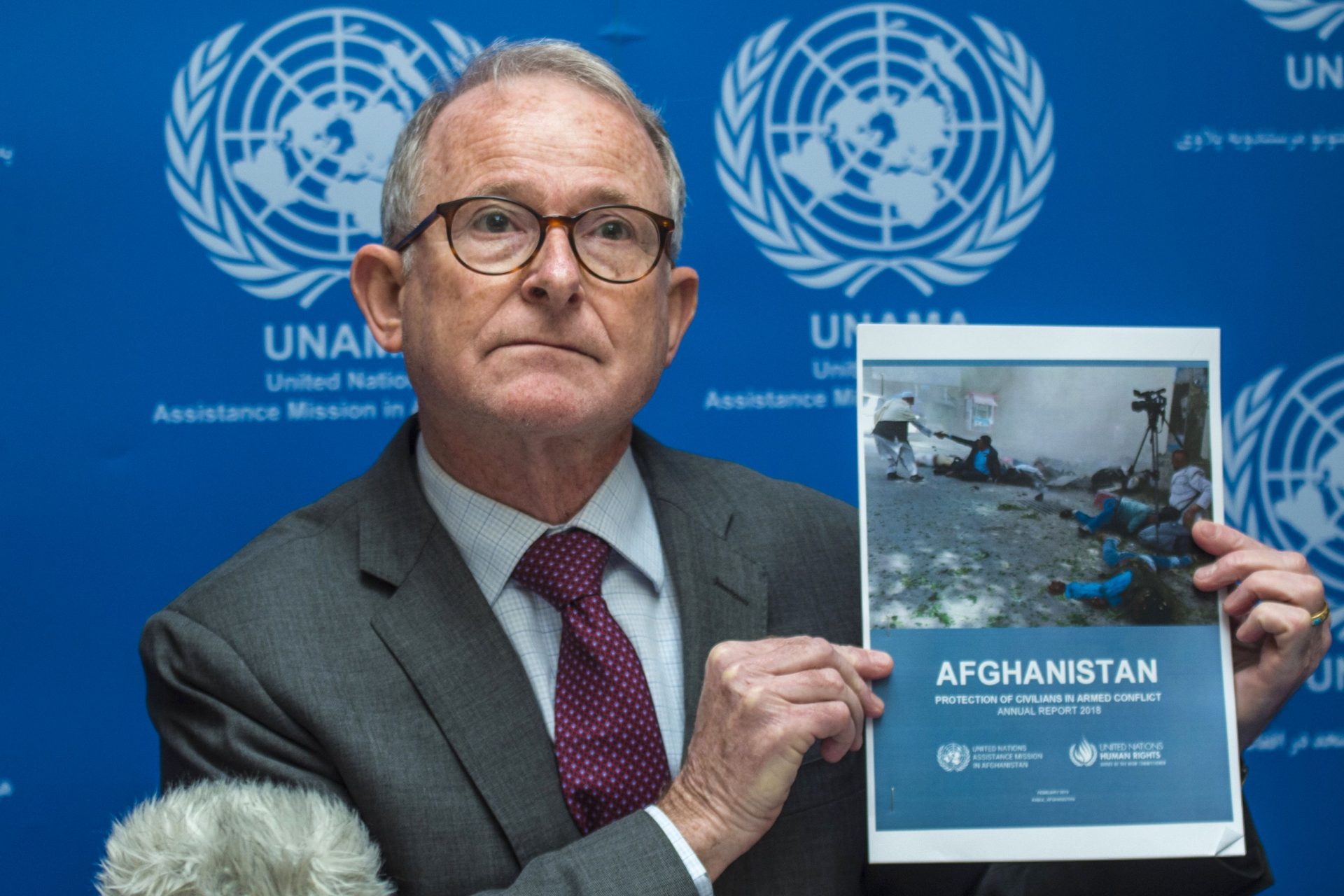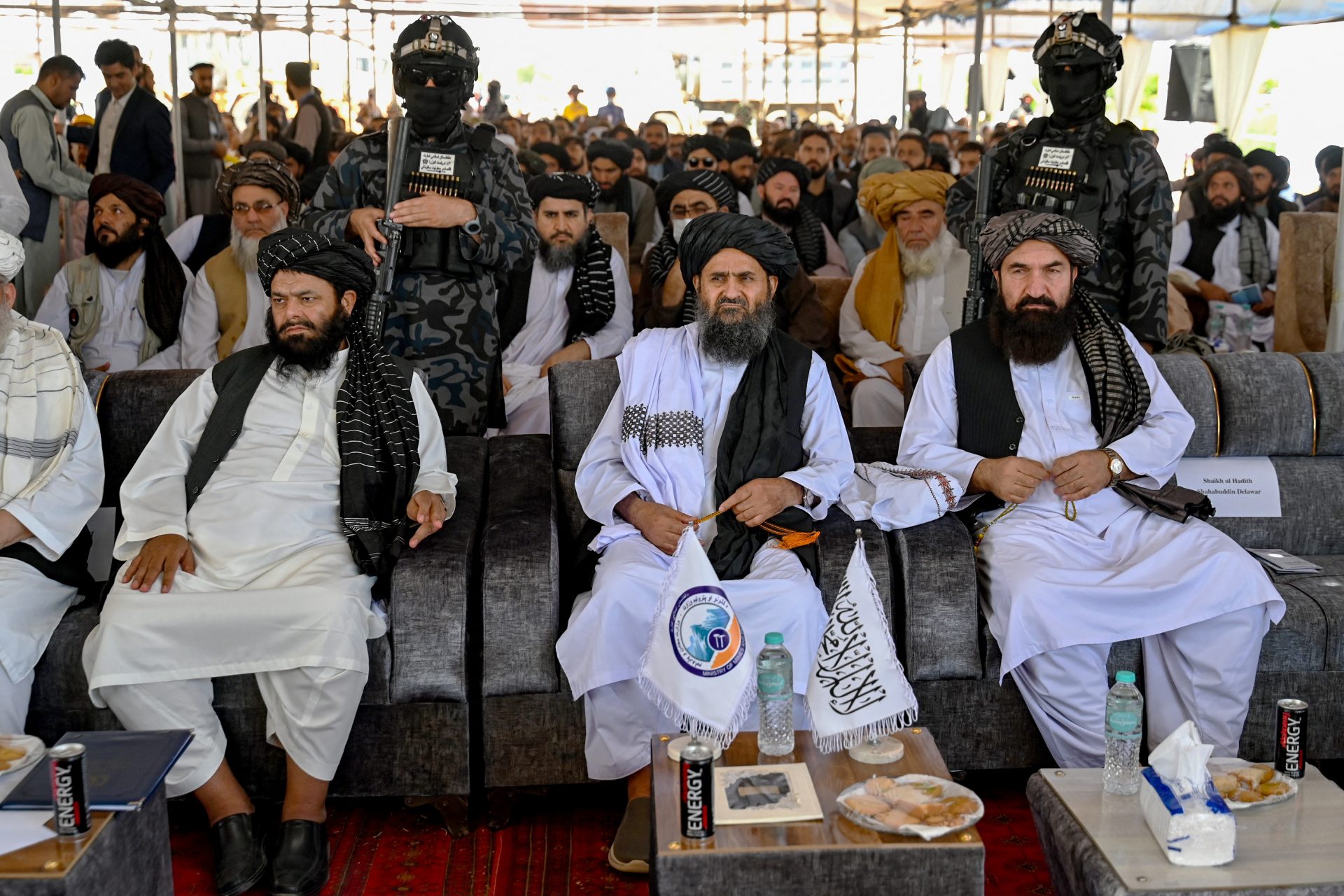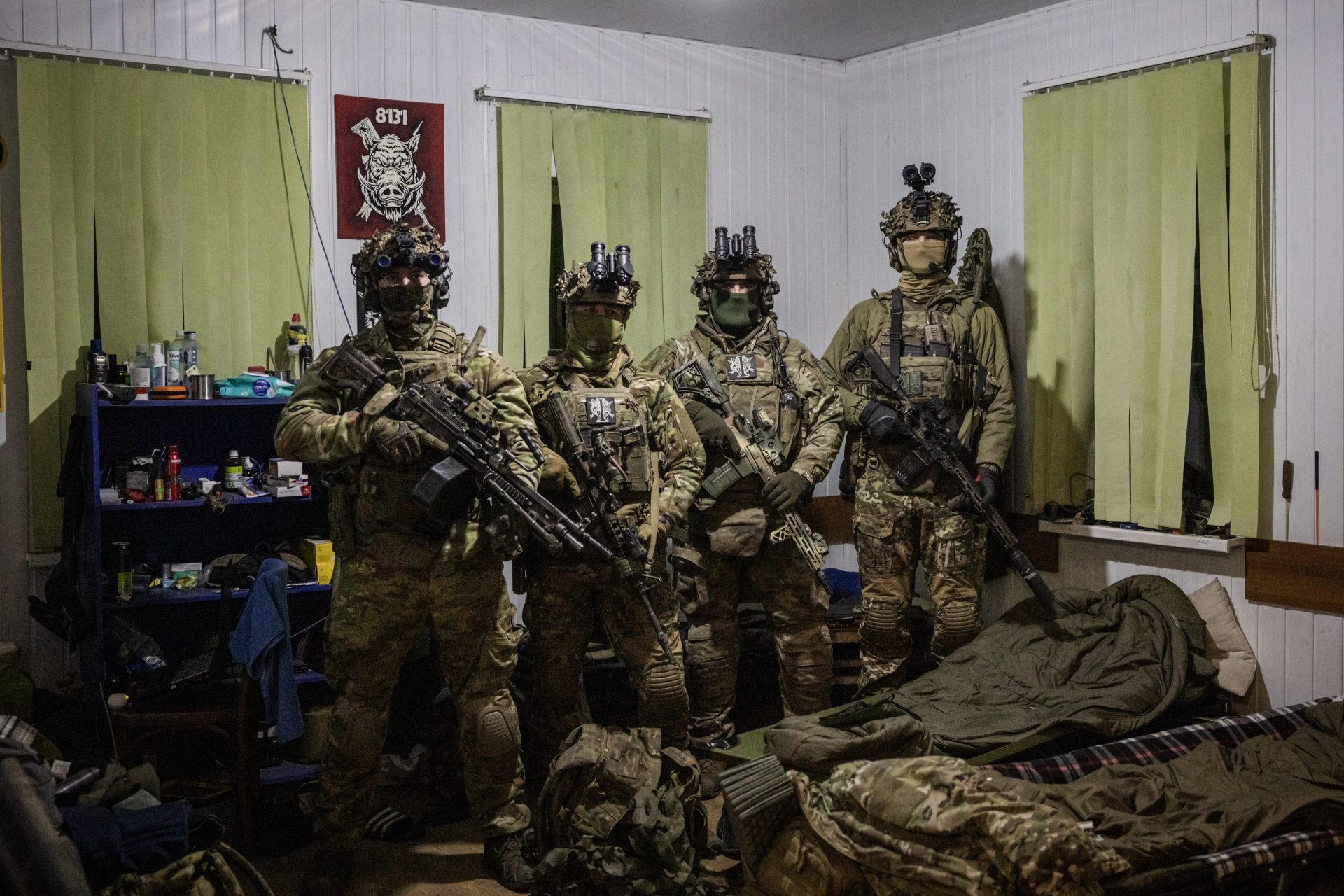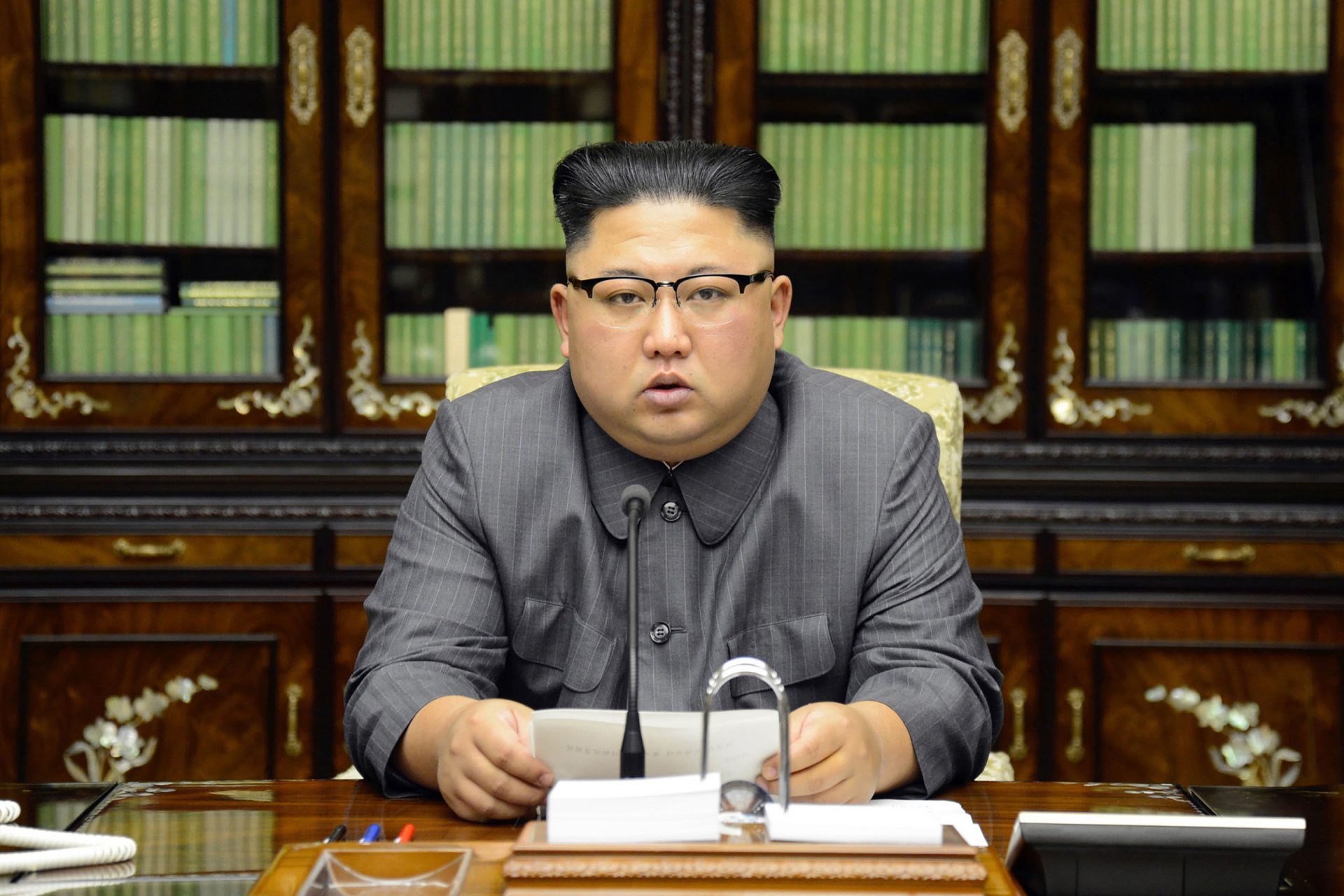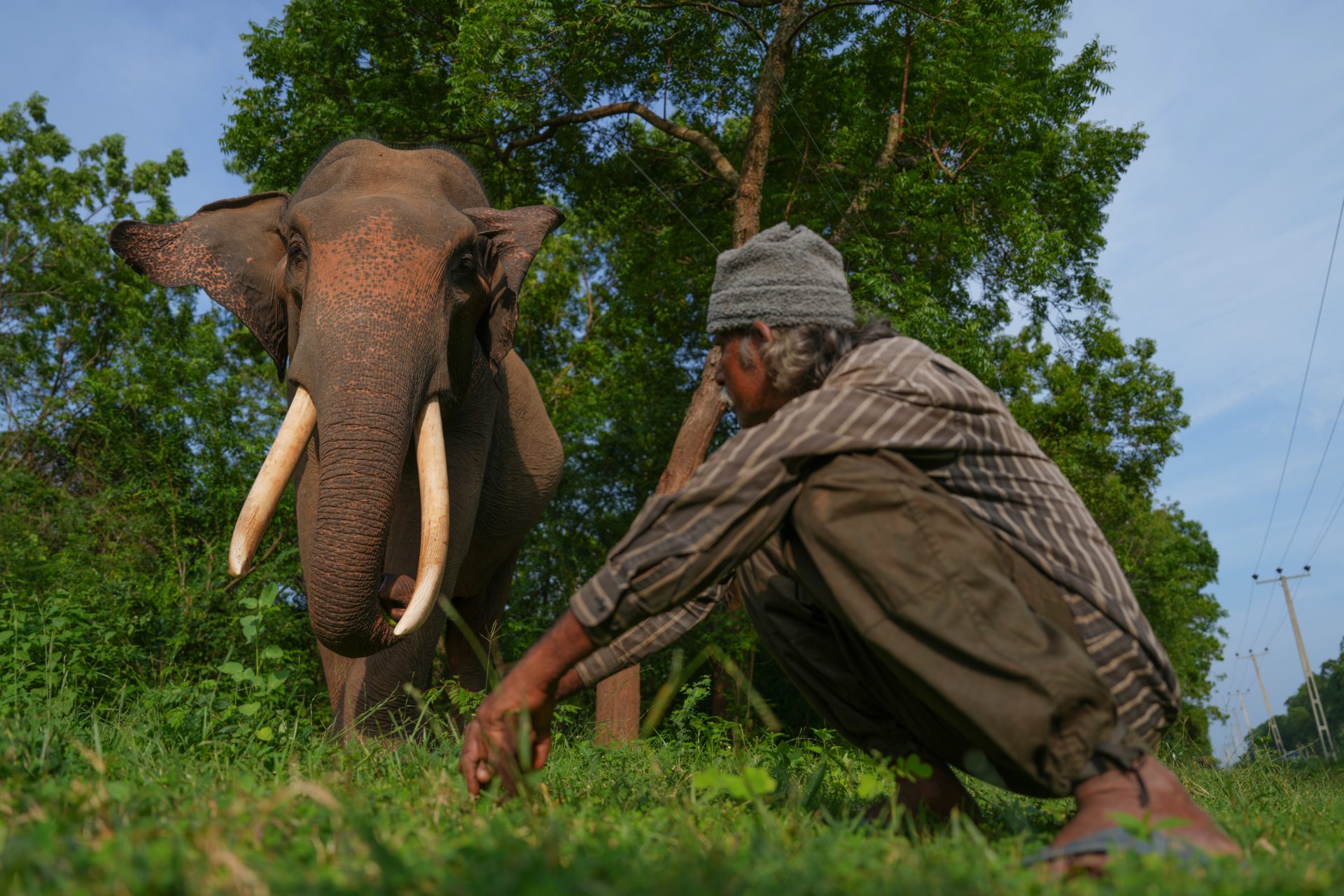The Taliban to be taken to court over their inhumanity towards women
The Taliban are to be brought to book over their severe repression of women in Afghanistan by Canada, Australia, the Netherlands and Germany.
These four countries have taken the first formal step towards hauling the Afghan government before the UN’s International Court of Justice (ICJ) over its treatment of women whose basic human rights have been dismantled since they took power in 2021.
Not only have Afghan women been robbed of their right to employment and education, they can no longer engage in the basic act of speaking – or singing – outside the boundaries of their home.
The move comes just days after actress Meryl Streep told the UN Assembly, “A bird may sing in Kabul but a girl may not. And a woman may not in public. This is extraordinary.”
The Oscar-winning star also told the international audience, “Today in Kabul a female cat has more freedoms than a woman. A cat may go and sit on her front stoop and feel the sun on her face.”
“A squirrel has more rights than a girl in Afghanistan today because the public parks have been closed to women and girls by the Taliban,” she added.
“The Taliban have effectively incarcerated half their population. I feel that the international community, as a whole, if they came together could effect change in Afghanistan,” Streep said.
This is the first time that the International Court of Justice has been used by one country against another over the violation of the UN’s Convention on the Elimination of All Forms of Discrimination Against Women (CEDAW).
The convention was adopted by the UN in 1979 with almost 100 countries agreeing to abide by its stipulations. It was signed in 2003 by the Afghan government following the last period of Taliban rule between 1996 and 2001.
Dutch Minister of Foreign Affairs Caspar Veldkamp said on X: “The situation of Afghan women and girls is heartbreaking. They are almost entirely excluded from public life. We cannot accept this.”
He added, “That’s why the Netherlands, Canada, Germany, and Australia are holding Afghanistan accountable for violations of the Women’s Convention. By holding Afghanistan to account, we aim to end the horrific laws and practices that restrict the rights of the female population.”
The first step in the process involves simply calling on Afghanistan to stop violating the convention and to engage in dialogue with the international community. If no result is forthcoming, the next step is the official filing of proceedings with the ICJ for arbitration.
If, after six months, the two sides fail to agree on the organization of the arbitration, the issue may be heard by the ICJ. If it comes to this, Afghanistan will be the first country to be summoned before the ICJ for the repression of women.
According to Women’s Forum on Afghanistan leader, Asila Wardak, addressing the gender apartheid in Afghanistan is not just an Afghan issue, but part of the “global fight against extremism,” she said in The Guardian.
It seems unlikely the Taliban will acknowledge the International Court of Justice’s authority, given that their government has not been recognized by the UN, which continues to recognize the previous Islamic Republic as the legitimate power in Afghanistan.
Indicating their disregard for the UN, in August the Taliban banned UN-appointed human rights watchdog, Richard Bennett, from entering Afghanistan. His crime? “Spreading propaganda,” Reuters reported.
“Even after repeatedly requesting Mr. Bennett to adhere to professionalism during work ... it was decided that ... his reports are based on prejudices and anecdotes detrimental to (the) interests of Afghanistan and the Afghan people,” a Taliban’s foreign ministry spokesperson told Reuters.
More for you
Top Stories



